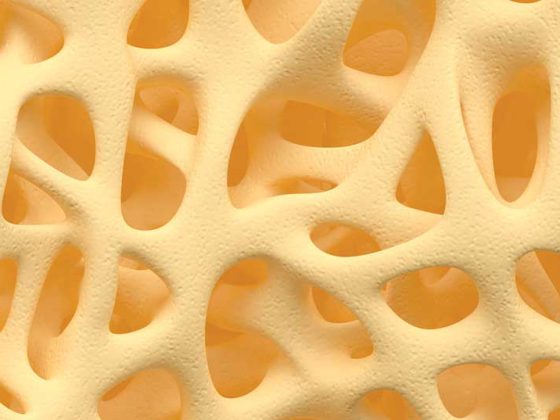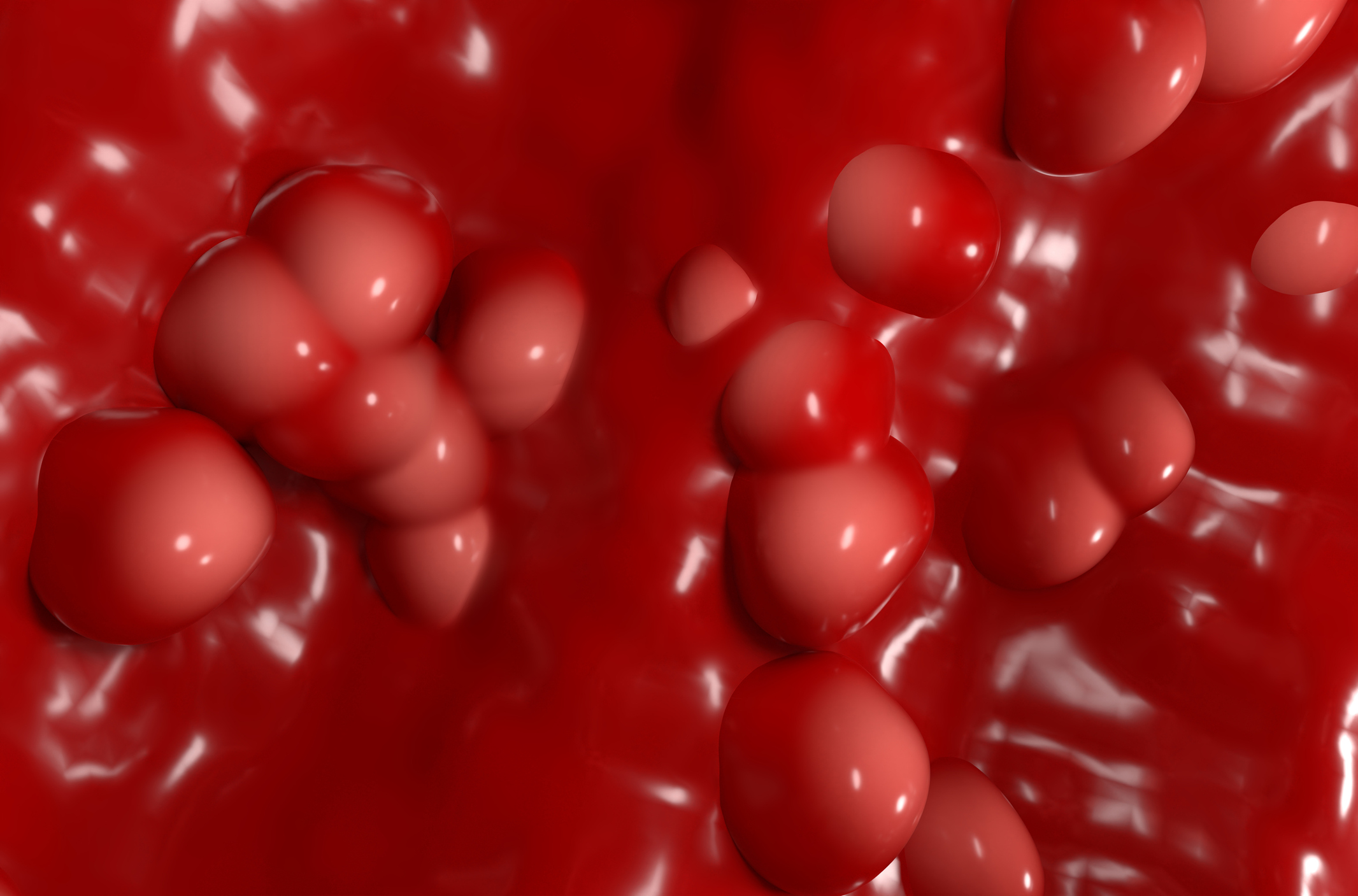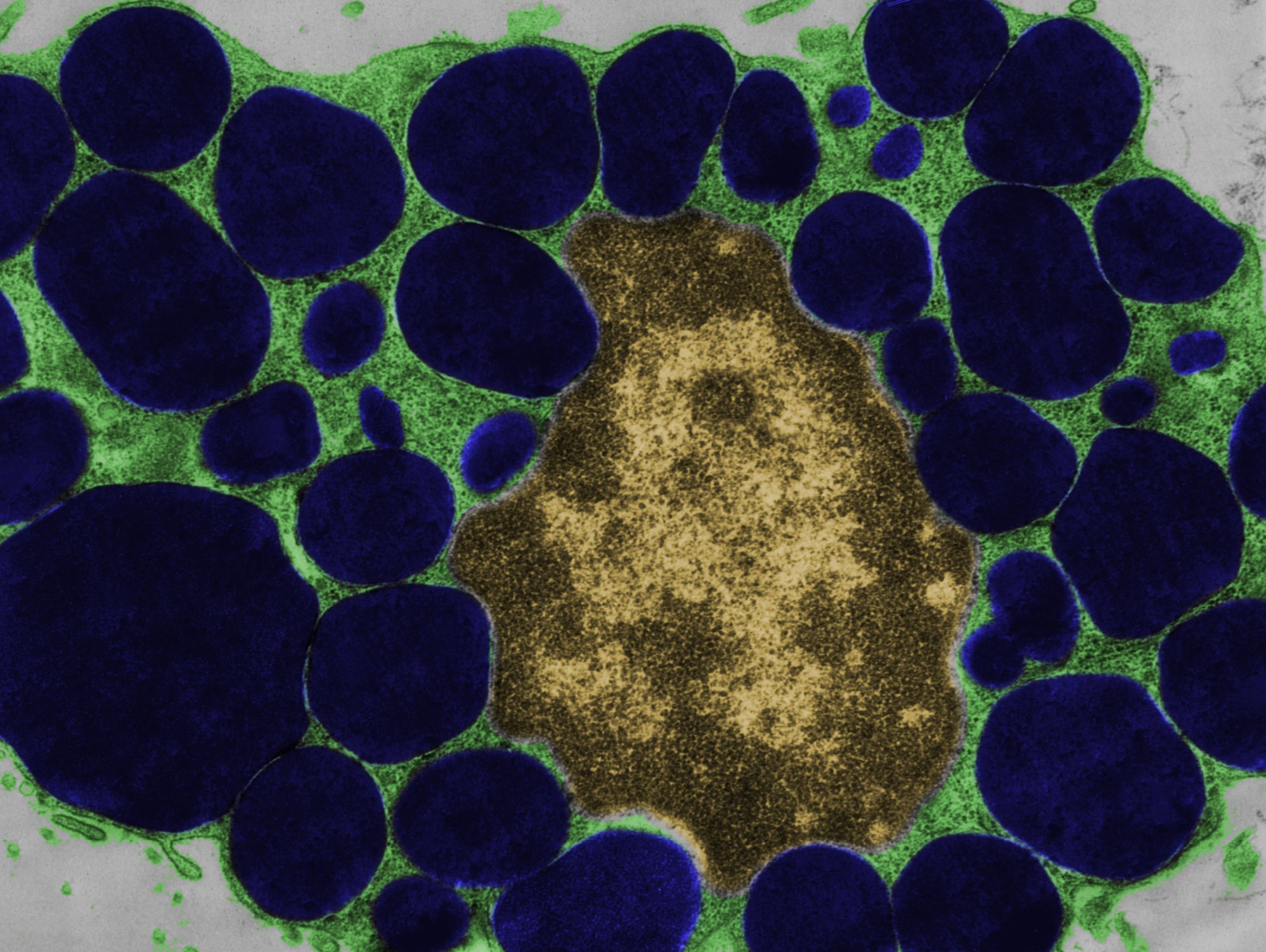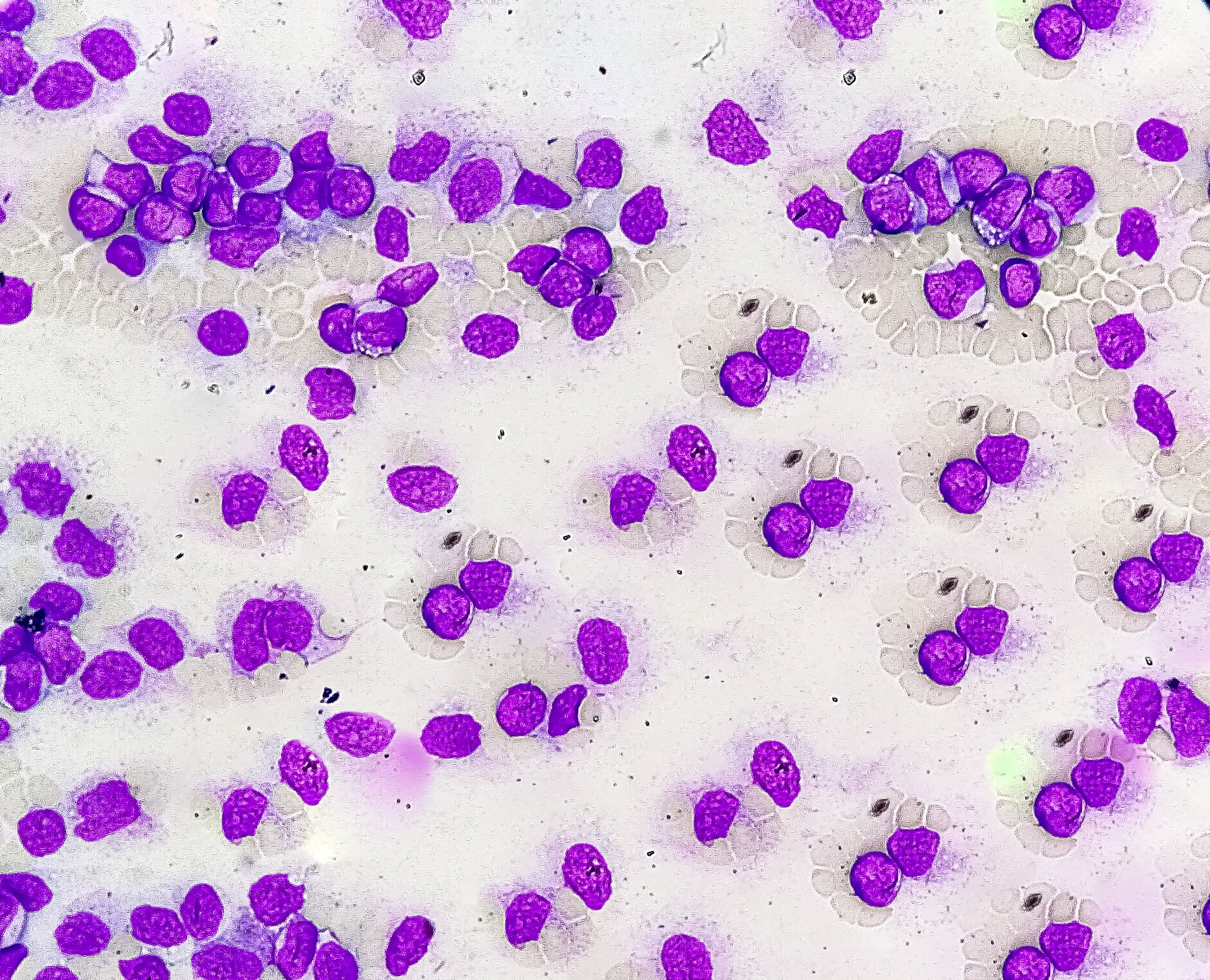The earlier and better schizophrenia is treated, the higher the chances of a mild course with only rare acute phases. Modern therapy is therefore built on the pillars of pharmacotherapy, psychotherapy and psychoeducation. Modern antipsychotics can be used to treat the symptoms as effectively as possible. They are particularly effective for perceptual changes and arousal states, improving quality of life and supporting a return to a normal daily routine.
Schizophrenia is one of the most serious psychiatric disorders in the world and is a specific form of psychosis. Accordingly, the thinking, perception, feeling, willing and behavior of the affected person is changed. However, the manifestations can vary greatly from patient to patient. Depending on the focus, a distinction is made between the paranoid type with warning ideas, disturbances of ego consciousness and hallucinations, as well as affective changes and disturbances of thinking, and the catatonic type. The latter is characterized by psychomotor disorders with physical compulsions. As a rule, the disease manifests itself between puberty and the age of 35. In Switzerland, about one in a hundred people is affected by schizophrenia. What triggers the disease is not yet clearly understood. The influence of different factors such as genetic predisposition, brain development disorder and stressful life events is discussed.
Schizophrenia can be a single episode or it can occur in episodes. In such an acute phase, so-called positive symptoms predominate. They include thought disorders, voice hearing, and persecutory delusions. When the episode subsides and enters the chronic phase, social withdrawal, listlessness, and apathy are prominent. Since personality changes are exacerbated with each episode and the prognosis is unfavorably affected, therapy as early and effectively as possible is indicated.
Multimodal therapy regime
Treatment should always be customized to the individual’s situation and needs. Modern treatment regimens rely on a combination of psychoeducation, psychotherapy, and pharmacotherapy. Other measures such as sociotherapy, occupational therapy, art and/or music therapy can provide additional support for those affected. In addition to alleviating symptoms, the aim is to return patients to normal everyday life (box) .

The main drugs available for pharmacological intervention are antipsychotics. They dampen anxiety, agitation, tension, and aggression, and can also push back delusions, hallucinations, and thought disorders. Studies have shown that taking a neuroleptic improves symptoms in about 50% of patients (vs. 30% placebo) within six weeks. Quality of life also improved and an earlier return to normal daily life was possible. In addition, further relapses can be prevented. Several studies show that within one year, slightly 26% of patients on antipsychotic therapy relapsed vs. 64% on placebo.
First-generation drugs are associated with movement disorders. Therefore, according to guidelines, a second-generation antipsychotic should be used, especially in patients with first-episode disease. Atypical neuroleptics include amisulpride, clozapine, olanzapine, risperidone, and now brexpiprazole. Its antipsychotic properties are based on partial agonism at serotonin 5-HT1A and dopamine D2 receptors and antagonism at serotonin 5-HT2A receptors. Compared with aripiprazole, brexpiprazole exhibits lower intrinsic activity at the dopamine D2 receptor and higher binding affinities at the 5-HT1A and 5-HT2A receptors. From this, a beneficial antipsychotic profile can be derived without provoking the adverse effects associated with full D2 receptor antagonism.
Further reading:
- www.vask.ch/de/Bewaeltigungshilfen/Situation-der-Betroffenen/Diagnosen-Verlauf-Therapien/Schizophrene-Stoerungen/Schizophrene-Stoerungen-Fortsetzung (last accessed 11.11.2020)
- www.klinikum.uni-muenchen.de/Klinik-und-Poliklinik-fuer-Psychiatrie-und-Psychotherapie/de/patient_besuch/krankheitsbilder/schizophrenie/index.html (last accessed 11.11.2020)
- www.gesundheit.bs.ch/gesundheitsfoerderung/psychische-gesundheit/krankheitsbilder/psychose/schizophrenie.html (last accessed 11.11.2020)
- Kaiser S, Berger G, Conus P, et al: The SGPP treatment recommendations for schizophrenia. Swiss Med Forum. 2018;18(25): 532-539.
- Kishi T, Ikuta T, Matsuda Y, et al: Aripiprazole vs. brexpiprazole for acute schizophrenia: a systematic review and network meta-analysis. Psychopharmacology 2020; 237(5): 1459-1470.
InFo NEUROLOGy & PSYCHIATry











